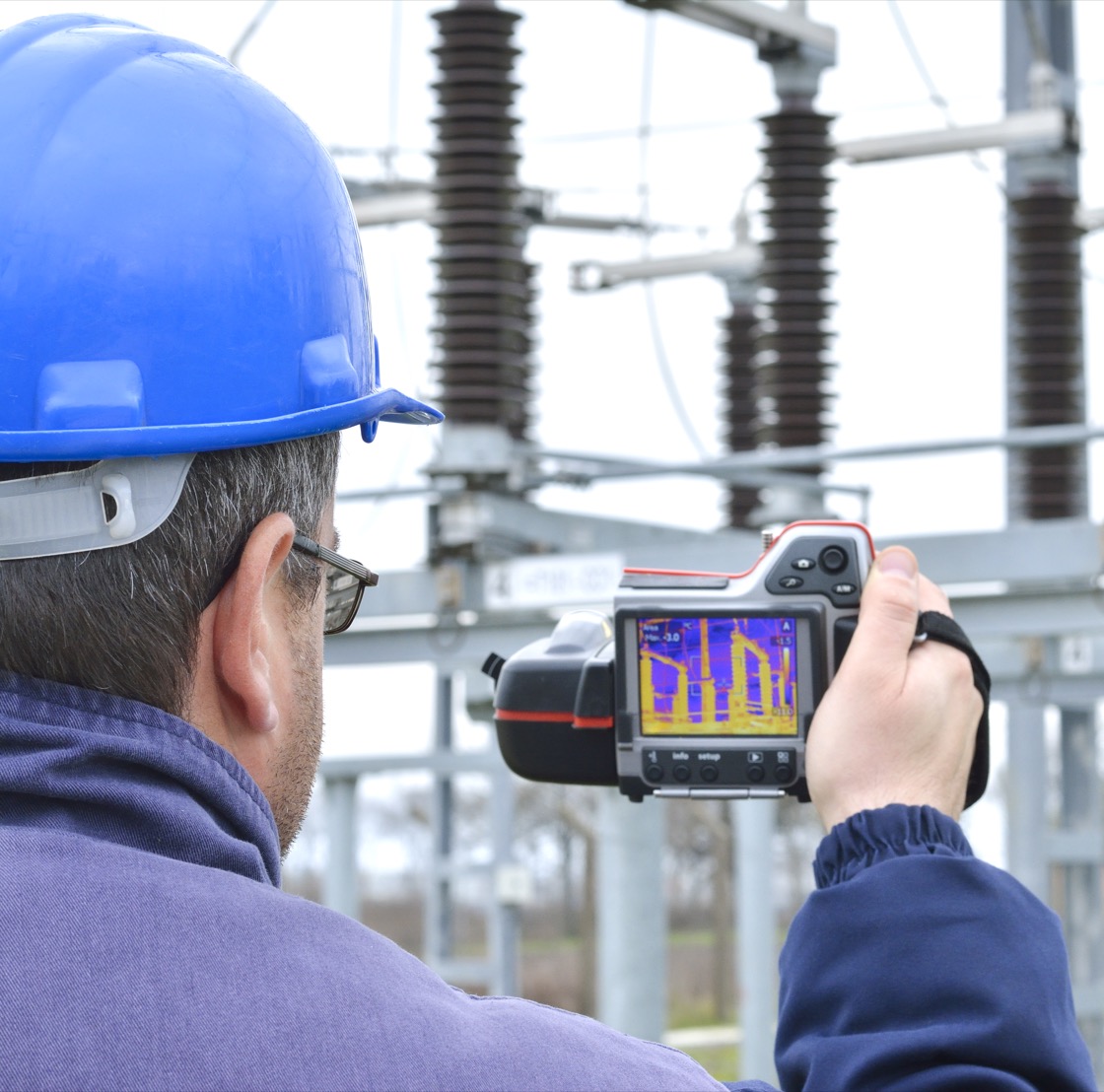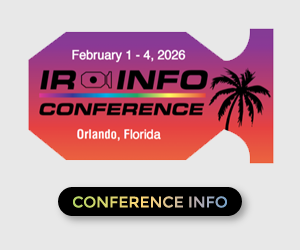Applying Thermography
Sponsored by:

Tip written by: Infraspection Institute
Thermography is a versatile nondestructive test technique that has a wide variety of applications. In short, thermography can be applied to any situation where knowledge of heat patterns and associated temperatures across a surface will provide meaningful data about a system, object, or process.

In thermography, there are two basic approaches to evaluating data. Qualitative thermography or thermal imaging relies on observing thermal patterns and noting any inexplicable differences or anomalies. Quantitative thermography adds non-contact temperature measurements to thermal images.
Many systems produce heat as a byproduct of operation. Such systems include electrical distribution systems, machinery and insulated structures. These systems are generally inspected during normal operation once line-of-sight access is obtained.
Thermography can also be applied to systems that do not produce heat as a byproduct of operations by actively heating and/or cooling the target and observing the resulting images. Systems that are candidates for active thermography include building facades, low slope roofing systems, storage tanks and composite materials.
When heated or cooled properly, thermal patterns caused by changes in the thermal conductivity or capacitance of the subject system can provide evidence of internal structures, water infiltration, or contaminants. The use of active thermography is growing, especially for inspection of composite materials used in the aircraft, aerospace, and marine industries.
Both active and passive thermography are covered in depth in the Infraspection Insitute Level I Certified Infrared Thermographer® training course. For more information on our Level I open enrollment or our Distance Learning courses, please visit the Infraspection website.
Advertisement

